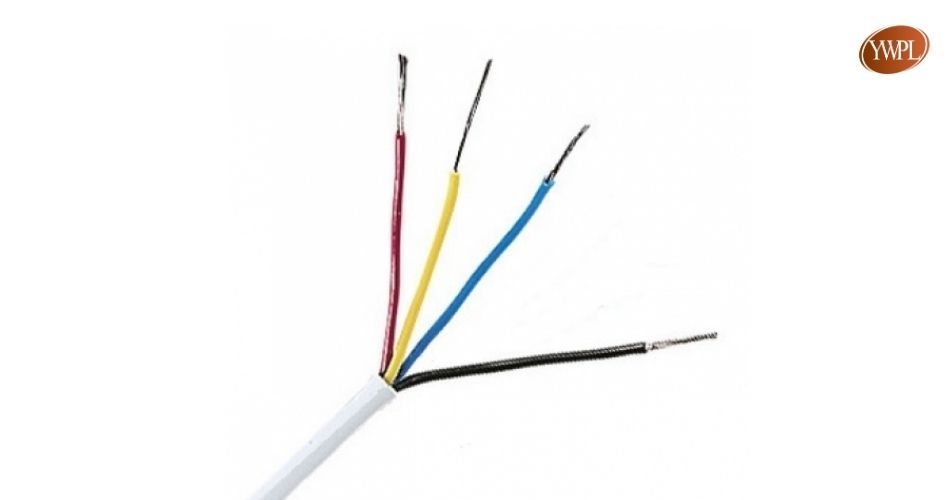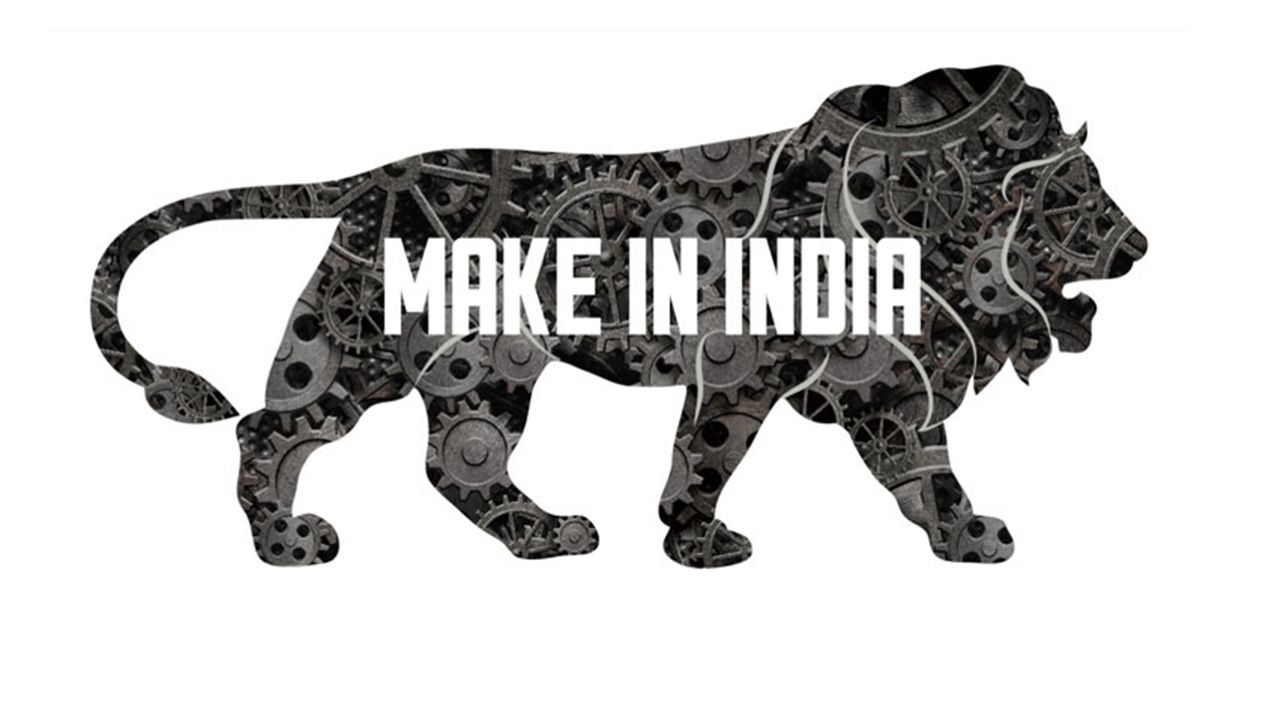Signal Cables
Yeshwant Wires is a trusted Signal Cables manufacturer in India, producing high-quality cables designed for accurate transmission of low-level electrical signals in industrial and commercial systems. Our cables are built to minimize electrical interference, voltage drop, and signal distortion, ensuring reliable communication between instruments, sensors, and control devices.
Engineered with bare or tinned copper conductors and superior insulation materials, these cables deliver exceptional signal integrity, EMI/RFI protection, flexibility, and long service life. They comply with IS, BS, and IEC standards and are available in multi-core, multi-pair, and individually shielded configurations for diverse applications.

Description
Signal Cables are specialized cables used for the transmission of analog or digital signals in low-voltage systems. These cables are designed to protect the integrity of signals by reducing interference, noise, and crosstalk, ensuring accurate data communication in demanding industrial environments.
These cables are extensively used in instrumentation, control, automation, and communication systems where precise signal transmission is critical. They are essential for connecting field instruments, sensors, transmitters, PLCs, control panels, and monitoring equipment in process industries, power plants, and building management systems.
Key Features & Advantages
- Excellent Signal Integrity: Low resistance and minimal crosstalk for accurate data transfer.
- Superior EMI/RFI Protection: Optional shielding ensures stable performance in noisy environments.
- High Flexibility: Suitable for fixed and flexible installations in control panels and conduits.
- Durable Construction: Resistant to heat, moisture, oil, and mechanical stress.
- Custom Configurations: Available in multi-core, multi-pair, and screened types.
- Fire Retardant & Safe: PVC, XLPE, FRLS, or LSZH insulation for added protection.
- Complies with Global Standards: IS 1554, BS 5308, IEC 189, and EN 50288.
Technical Specifications
| Property | Specification | Significance |
|---|---|---|
| Conductor Material | Annealed Copper (Bare or Tinned, Solid or Stranded) | Ensures reliable conductivity. Tinned copper adds corrosion resistance, which is important for long-term signal stability. |
| Voltage Grade | 300/500 V or 600/1000 V (Low Voltage) | Defines the maximum safe working voltage for the insulation. This rating allows them to be safely run alongside low-voltage power circuits. |
| Operating Temperature | -20°C to +85°C (Insulation dependent) | The temperature range over which the cable maintains its full electrical and mechanical integrity, critical for industrial environments. |
| Core Construction | Paired or Multi-Core (Twisted Pairs are common) | Twisted Pairs are essential for communication signals as they use common-mode rejection to significantly reduce electromagnetic noise and crosstalk interference. |
| Insulation | PVC / PE / XLPE / LSZH | The choice depends on the required performance: **PE** for low capacitance and high-speed, or **LSZH** for high fire safety indoors. |
| Shielding (Screen) | Overall Foil (Mylar) / Copper Braid / Individual Pair Screening (IPS) | **Crucial for signal integrity.** The shielding protects the sensitive signals from external **EMI** (Electromagnetic Interference) and **RFI** (Radio Frequency Interference). |
| Sheath | PVC / FRLS / LSZH (Often UV & Oil Resistant) | The outer jacket protects against environmental factors. **Oil resistance** is often needed for factory floors and machinery. |
| Impedance | 50 Ohm / 75 Ohm / 100 Ohm (Critical for data protocols) | Must match the system's characteristic impedance (e.g., $100\ \text{Ohms}$ for Ethernet) to prevent signal reflection and ensure reliable communication. |
Applications
Signal Cables are widely used in instrumentation, control, automation, and communication systems across various industries. They play a crucial role in connecting transmitters, sensors, PLCs, control panels, and monitoring equipment in process industries, power plants, data centers, and building management systems where precision signal transmission is essential.
Manufacturing & Quality Assurance
At Yeshwant Wires, every signal cable is manufactured under strict quality control using advanced extrusion, shielding, and testing technologies for precision and reliability. Cables undergo stringent testing for continuity, insulation resistance, and capacitance under ISO certified quality systems.
Why Choose Yeshwant Wires for Signal Cables?
Industry Leadership
Premier Signal Cable manufacturer in India with 8+ years of expertise.
Custom Solutions
Tailored cable designs for specific protocols, environments, and performance requirements.
Premium Materials
99.99% pure copper conductors and high-grade insulation for maximum performance.
Global Standards
Full compliance with IS and ISO/IEC international standards.
Competitive Pricing
Factory-direct pricing with no compromise on quality or performance.
Pan-India Delivery
Fast, reliable delivery across all major cities and industrial hubs in India.
Industries We Serve
Industry Leadership
Premier Signal Cable manufacturer in India with 8+ years of expertise.
Custom Solutions
Tailored cable designs for specific protocols, environments, and performance requirements.
Premium Materials
99.99% pure copper conductors and high-grade insulation for maximum performance.
Global Standards
Full compliance with IS and ISO/IEC international standards.
Competitive Pricing
Factory-direct pricing with no compromise on quality or performance.
Pan-India Delivery
Fast, reliable delivery across all major cities and industrial hubs in India.
We supply Signal Cables to diverse industries such as automation, power generation, oil & gas, renewable energy, manufacturing, and telecommunication. Our solutions are tailored for high performance, safety, and reliability in mission-critical signal transmission applications.

